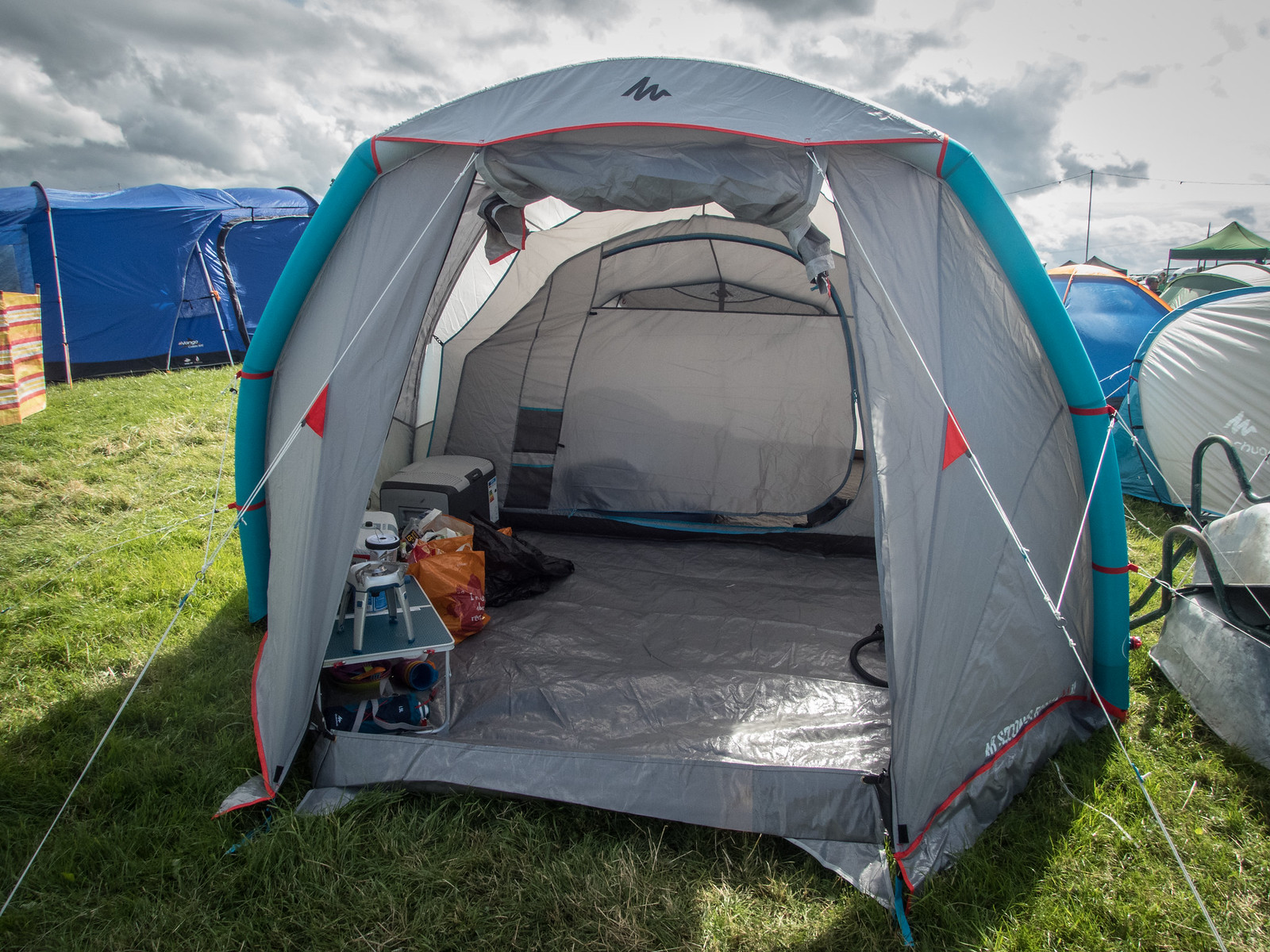The Sheltering Secrets: Unveiling the Importance of Proper Camping Tents
As nature enthusiasts, we often seek solace and adventure in the great outdoors, where tall trees whisper secrets and rivers hum melodies. Amidst our wilderness escapades, one essential companion stands out among the rest – the humble camping tent. These portable shelters serve as our cozy sanctuaries, protecting us from the whims of Mother Nature while offering a slice of comfort in the untamed wilderness.

Whether venturing into the rugged mountains or setting up camp by a tranquil lake, the significance of selecting the right camping tent cannot be overstated. From providing shelter against unpredictable weather conditions to offering a cozy retreat after a day of exploration, these compact structures play a pivotal role in shaping our outdoor experiences. Join us as we delve into the world of camping tents and unravel the secrets behind their crucial role in enhancing our outdoor adventures.
Types of Camping Tents
When it comes to camping tents, there are various types to choose from based on your specific needs. One popular option is the dome tent, known for its easy setup and lightweight design. Dome tents are great for solo campers or small groups looking for quick and simple shelter.
Another common type is the cabin tent, which is larger in size and offers more headroom compared to dome tents. Cabin tents are suitable for families or groups that need extra space for sleeping and storing gear. These tents often come with multiple rooms, providing added privacy and organization during your camping trip.
For those seeking a compact and ultralight option, backpacking tents are ideal. Designed for hikers and backpackers, these tents are made to be lightweight and easy to carry over long distances. Despite their smaller size, backpacking tents offer sufficient protection against the elements, making them a reliable choice for outdoor adventures.
Factors to Consider When Choosing a Camping Tent
First, ensure the tent size fits your needs. Consider how many people will be sleeping in the tent to determine the appropriate size. Having camping tents nz can provide comfort, but a smaller tent may be lighter and easier to carry if you are hiking to your campsite.
Next, think about the tent's seasonality. Determine what kind of weather conditions you are likely to encounter during your camping trips. A three-season tent is versatile and suitable for most conditions, while four-season tents are designed for extreme cold and snow.
Lastly, pay attention to the tent's features. Look for tents with good ventilation to prevent condensation buildup inside. Additionally, consider the ease of setup, the materials used, and any additional accessories such as a rainfly or footprint to enhance the tent's functionality and durability.
Maintenance and Care Tips
When it comes to ensuring the longevity of your camping tent, regular upkeep is key. Start by thoroughly cleaning your tent after each trip to remove dirt and debris. This simple task will prevent mold and mildew from forming, keeping your shelter in top condition for future adventures.
Another vital aspect of tent maintenance is properly storing it when not in use. Make sure your tent is completely dry before packing it away to prevent musty odors and potential damage. Store your tent in a cool, dry place to avoid exposure to harsh sunlight or moisture that could compromise its materials.
Lastly, it's essential to check for any signs of wear and tear on your tent before heading out on a new expedition. Inspect the seams, zippers, and fabric for any damage, and make repairs as needed to prevent minor issues from becoming major problems during your camping trip. Regular maintenance will extend the lifespan of your tent and ensure it continues to provide reliable shelter in the great outdoors.